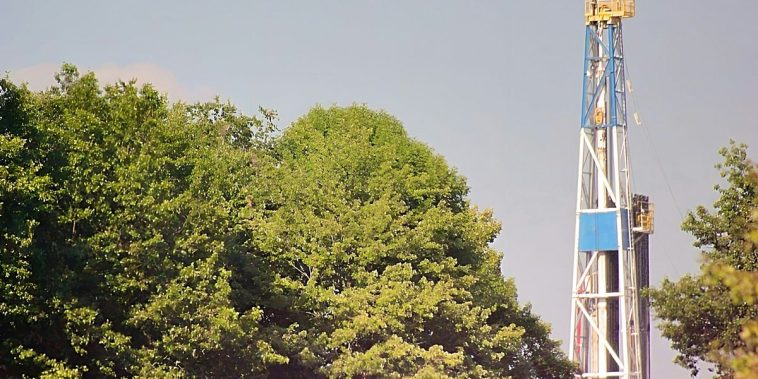Scratch the name off a candidate poster and puzzle over who the individual might actually be. The figure in question supports robust oil and gas output, associates with the Cheneys, patronizes Gaza demonstrators, remains astoundingly quiet about transgender rights, and proposes some of the most stringent immigration laws in recent memory. No, it isn’t Donald Trump, the former president, who we’re referring to. Welcome to the world of Vice President Kamala Harris. She curiously picked a pseudo-conservative approach hoping to woo anti-Trump, center-right voters as part of her voting base. But this jarring tilt upset the progressives rooting for her within her own party.
The reasoning behind her shift in stance seemed sound at first glance, an attempted antidote for the ludicrous notion held by some conservatives that Harris is an extreme leftist, while also appealing to Republicans put off by the prospect of resorting to policies reminiscent of the Trump era. This strategy, however, fell flat. Exit polls from NBC News revealed that Harris could only manage to secure approval from a measly 5% of Republican voters—one percentage point less than what President Biden achieved in 2020. Was her strategy to blame for her election loss? It’s difficult to determine conclusively.
She was already battling significant challenges, from being tied to an incredibly unpopular president, overseeing an economy that the voters were dissatisfied with, navigating a global political scenario hell-bent on penalizing incumbents due to inflation caused by the Covid pandemic, and the pressure of just 107 days to convince the electorate. But one thing is clear: her shocking loss indicates that her strategy was far from beneficial.
You would think that on a critical issue like climate change, Harris would have staked a position divergent from her opponent, Trump. When she clinched the nomination, she was championed by climate-focused organizations. Harris had demonstrated her commitment to the environment during her tenure as San Francisco’s city attorney and California’s attorney general, casting a pivotal vote to pass the Inflation Reduction Act (IRA). The Act represented the largest federal spending on climate change and earned her some merit among climate advocates.
Climate activists had no options but to rely on Harris in the face of the threat of Trump coming to power for another four years. Trump, the climate change denier, had promised to dismantle climate regulations in exchange for hefty campaign donations and expressed intent to quash Biden and Harris’ landmark climate policy. But, sufficiently dashing any hopes, Harris declared her opposition to a fracking ban a few days later. She denied flip-flopping on her previous stance during the 2020 primaries and argued that the passage of the IRA would offset it.
Sadly, it was clear right from its enactment that the IRA would fall short in addressing the scale of the looming climate crisis. It’s not even powerful enough to achieve the US’s 2030 greenhouse gas emissions reduction targets. Hence, the climate movement finds itself on the backfoot following Harris’ loss to Trump, let down by her lack of a firm stance and a noticeable tilt towards conservative tendencies.
Though there were suggestions that the Democrats could have salvaged the situation by changing their stand on Gaza and climate change, the outcome has seen a resurgence of Trump instead. Simultaneously, the campaign tried to appeal to conservative vote banks and political figures.
Cases of methane contamination in the drinking water supply of a Pennsylvania town were so high that residents would pass out in their showers and tap water could catch fire. Hannah Reid, who interacted with voters in Philadelphia post the Trump-Harris debate, echoed this sentiment. ‘After her proclamation of backing fracking, Philadelphians—a demographic whose high voter turnout she desperately needed—expressed their distaste for her pro-fracking stance. They failed to understand her motives,’ Reid explained.
She was never going to win Pennsylvania by converting pro-fracking voters. The path to victory lay in rousing voters in Philadelphia to turn out in droves, something she was uninspiring at. It seems bizarre and frustrating as this task would have been fairly simple.
Today, the climate movement finds itself cornered, bereft of any hope of a Harris administration that could have yielded to their pleas. Instead, they face the returning president, Trump, who in his delusion, thinks that climate change will merely open up more beachfront properties.
One can’t help but wonder if Harris’s campaign would have met a different fate had she chosen to champion left-leaning policies, especially those concerning climate change. Given the widespread and decisive nature of her defeat, it sure wouldn’t have hurt.


